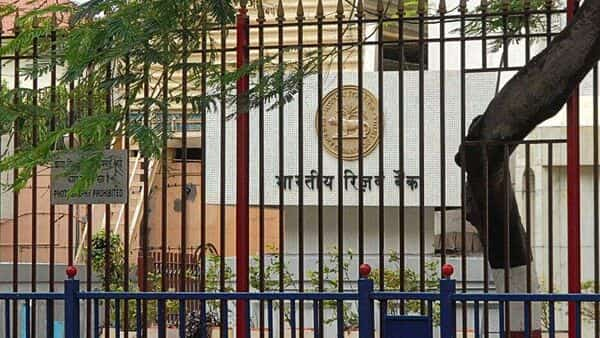[ad_1]
MUMBAI : India Inc. has sent representations to the ministry of corporate affairs highlighting the demerits of the proposed rules for joint audits. In a series of representations, reviewed by Mint, companies said the new rules will just increase compliance costs, but may not improve the quality of audits.
“There is a possibility of critical areas falling between the cracks, which can be detrimental to audit quality and, thereby, defeat the achievement of desired objectives,” they reasoned.
In March, the company law committee recommended joint audits for certain categories of companies to improve the quality. According to the proposal, more than one firm will be mandated to examine the financial statements of a company before signing them off.
Public sector companies and lenders were the first to adopt joint audits after the Reserve Bank of India (RBI) in 2021 made it mandatory for financial entities with a balance sheet of more than ₹15,000 crore. Under the Companies Act, 2013, joint audit is not mandatory for private companies.
The committee had reasoned that joint audit is likely to bring in more transparency, improve quality and reduce auditor concentration as it will be difficult for a company managements to influence more than one auditor, who will be able to apply their minds independently,
However, India Inc., through lobbies Confederation of Indian Industries (CII) and Federation of Indian Chambers of Commerce and Industry, said instead of mitigating audit risks, the move will exacerbate risks, since each auditor will be looking at certain parts of the company’s financials, and may not perform full independent audits.
“Our interactions with some companies with joint auditors showed they do not see any benefit and, instead, there are concerns about risks, as none of the joint auditors see the whole audit. This also has implications on the costs incurred, time and effort by a company for the audit of its financials,” said CII in its representation.
If both the auditors perform full audits the proposed rules will offer higher assurance to users of financial statements, CII added. CII and Ficci also urged the ministry to consider the Chawla committee’s report of January 2017.
The report had concluded that joint audits impose unnecessary cost on firms, exacerbate, rather than mitigate audit risks, and do not encourage resource- and expertise-sharing that could benefit small firms. Referring to international practice, the report concluded that “joint audit is on decline as most nations which had such an audit mandate discontinued it”. For instance, Canada and Denmark discontinued it in 1991 and 2005, respectively, as the process was costly and ineffective.
According to the International Federation of Accountants, joint audits are required or permitted in 55 countries. France is the only major jurisdiction that has mandatory joint audits since 1966, initially for listed and larger unlisted firms, and since 1984 for all companies that prepare consolidated financial statements. This is, however, not the first time the proposal is being considered. In 2003, a group under the Institute of Chartered Accountants in India had proposed it, but was put on the back burner due to implementation issues. Incidentally, ICAI has given it in writing that it supports the proposal.
Download The Mint News App to get Daily Market Updates & Live Business News.
[ad_2]
Source link
John Miller has been writing about science, gaming, and tech culture for over a decade. He’s a top-rated reviewer with extensive experience helping people find the best deals on tech and more.



